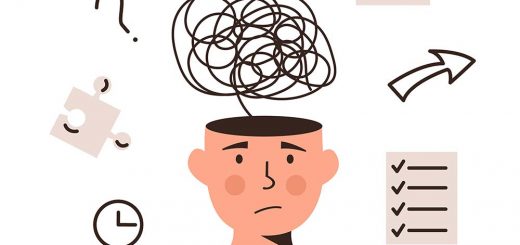Dealing with Mouth Joint Pain: Symptoms, Diagnosis and Treatment

Mouth joint pain is often related to TMJ disorder. If you experience several of the symptoms listed below, a trip to your dentist should be at the top of your priority list.
Common Symptoms Include:
- Swelling on one side of the face
- You experience pain or tenderness whenever you chew, speak or open your mouth wide. The pain will typically be around the jaw joint area, neck and shoulders.
- You are unable to open your mouth wide without feeling discomfort or pain in your jaw.
- Whenever you open and close your mouth you hear a clicking, popping, or grating sound.
- Experience trouble with chewing food. It’ll almost feel like your upper jaw and lower jaw are nor properly aligned. TMJD is often accompanied by a sudden uncomfortable bite.
- You may be unable to open or close your mouth. This happens when your jaws are stuck. They are locked in one position, making opening or closing the mouth impossible.
- Pain in the neck, ear, upper shoulder is also common in people who suffer from TMJD. Some people also report feeling dizzy, having hearing problems and hearing ringing in the ears.
The Diagnosis
While TMJD is often temporary, for some people it can last for years. To reduce the risks of having to live with this for a long time, schedule an appointment with your dentist. They will talk to you about your symptoms, assess the range of motion in your jaw and press on areas around your jaw. If they believe that there is a problem, they may ask you to get an X-ray, a CT scan or an MRI.
Things You Can Do to Alleviate Pain When Practicing Oral Hygiene
Basic oral hygiene involves things like flossing, brushing your teeth, and getting routine dental cleanings. For people suffering from TMJD, these simple tasks can be really panful. The simple act of opening their mouths a tad too wide can be sufficient to cause a wave of unbearable pain.
But there are a number of things you can do to reduce the pain to make caring for your teeth and gums easier, a few of which are listed below:
- Swapping your old toothbrush for a new one that has soft bristles. Electric toothbrushes can also be less painful to use.
- If it’s too hard to floss your teeth regular dental floss, get a rubber tip stimulator or a water flosser. It will make flossing less painful.
- An antiseptic mouth rinse can help in fighting bad breath, plaque, and gingivitis. If it’s too painful to open your mouth wide to clean it properly, considering adding an antiseptic mouth rinse to your daily dental care regimen.
- After any dental procedure, apply ice or heat on the side of the face that’s sensitive.
- Ask your dentist for advice on how best to brush your teeth and remove plaque.
There Are Several Things that Your Doctor May Recommend:
- Prescribing mouth guards to prevent teeth grinding and jaw clenching
- Prescribing mouth guards to help realign your jaw
- Over-the-counter pain relievers such as ibuprofen and acetaminophen.
- Prescribing muscle relaxers for severe pain.
- Apply warm towels or ice to the area of the face that’s sensitive
- Adopting stress-relief techniques. (The more stressed out or anxious you are, the higher the chances of there being tension in your jaw.)
- Scheduling an acupuncture session. Acupuncture is believed to be helpful in relieving pressure in localized areas of the body and might be able to relive pin in the affected area.
- Avoid resting your chin on your hand.
- Avoid holding the phone between your shoulder and ear.
- Maintain good posture at all times to reduce neck and facial pain.
- Be careful with your jaw when yawning and chewing. The more extreme the movement, the more it’ll hurt.
- Yelling and singing are also completely off the table.
- Keeping your teeth apart can relieve pressure in the jaw. Whenever you feel your jaw getting too tensed, slightly separate your upper jaw and lower jaw so that your teeth are not touching (without actually having to open your mouth). Doing this several times during the day can even delay the onset of pain.
- You can also keep your upper jaw and lower jaw apart by putting your tongue between your teeth. Doing that during the day will stop you from clenching or grinding.
- Physical therapy or massage to help loosen up your jaw.
Exercises for the Jaw

Your doctor may also recommend a list of exercises that you can do at home. While it’s not exactly clear how these exercises can offer pain relief, they’re believed to help relax, stretch and strengthen the jaw muscles. These exercises can also ease pain by increasing jaw mobility and mouth opening range. A reduction in jaw clicking is also often observed in patients who have done the exercises on a regular basis. They also promote jaw healing in people with TMJ disc displacement.



